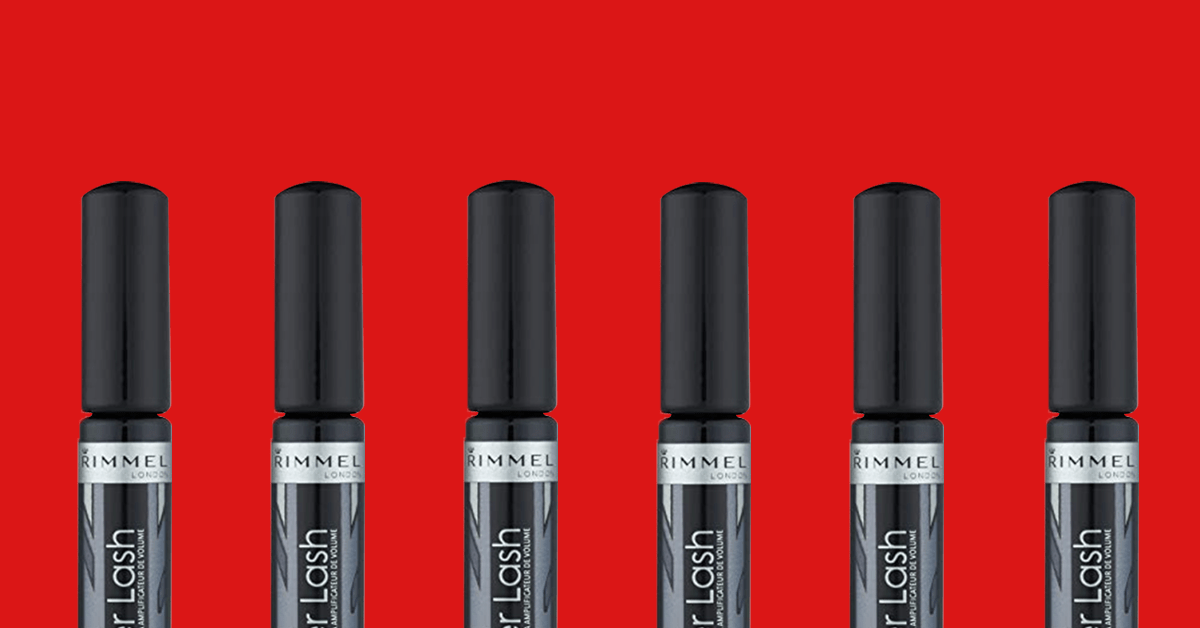
Building the Brand: The History of Rimmel
Rimmel.
We’ve all heard the name, and we’ve probably all seen the commercials.
We’ve seen the products in our favorite stores around the globe. But do we know how Rimmel came to be such a dynamic and impactful cosmetic brand around the world?
Rimmel started as a perfumery. It dates all the way back to 1820 when a renowned French perfumer (former apprentice of Lubin, perfumer to Empress Josephine, Napoleon I’s wife) was asked to manage a perfumery in London. Within 14 years, the move had proven so successful that Hyacinthe Mars Rimmel and his 14-year-old son, Eugene, opened a perfumery of their own— The House of Rimmel.
As the business grew, so did Eugene’s hunger to create new boundaries within the world of cosmetics and hygiene. By age 24, Eugene’s range of talents had expanded, as he was a skilled perfumer, cosmetics genius, and marketing pioneer before we even knew what marketing truly meant. He traveled the world in search of new scents, colors, and ingredients to experiment with.
Rimmel was even considered somewhat of a pioneer in the realm of personal hygiene products, as he was one of the first to create mouth rinses, scented pomades, and his famous toilet vinegar (what perfumes used to be called).
Eugene’s products became hugely popular, seemingly overnight. He used his products imaginatively; he scented sachet theater and concert programs and even valentines. Members of the high society at the time took notice, many of them flocking to his flagship perfumery on Regents Street to purchase decadently packaged perfumes, soaps, and bath essences.
Of course, Eugene became most known for developing the first non-toxic mascara (mascaras were made with mercury at that time). And though marketing during those years meant standing at a fair and hoping for the best, Eugene sensed the potential for advertising his product to a wider public than what was currently being operated. So he set out and created stunning and innovative mail-order catalogues and even placed advertisements in theater programs.
When Rimmel died in 1887, his two sons took over and completed their father’s dream of bringing his beauty brand international. They did this by creating a range of eye-enhancing products, specifically their cutting-edge mascaras. These mascaras became so popular, that “Rimmel” is actually translated to “mascara” in several different languages.
A London advertising agency purchased Rimmel after WWII and took notice of the new optimism that was sweeping through the nation. Hollywood heroines were becoming worldwide beauty icons. Thus, Rimmel’s new owners anticipated a resulting cosmetics boom and expanded their color range to boom along with it. Rimmel became the first cosmetics brand to utilize modern packaging and self-selection dispenser.
Rimmel is currently the UK’s best selling brand and now being sold in 40 countries around the globe.
















